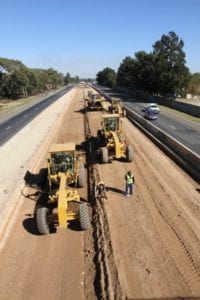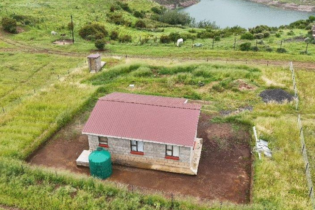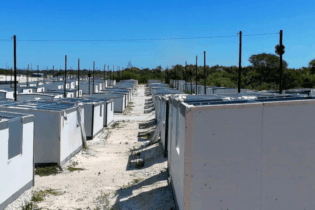 By the end of 2014 government had spent R1 trillion in developing much-needed infrastructure, reports Buti Kgwaridi Manamela, Deputy Minister in the Presidency responsible for Planning Monitoring and Evaluation.
By the end of 2014 government had spent R1 trillion in developing much-needed infrastructure, reports Buti Kgwaridi Manamela, Deputy Minister in the Presidency responsible for Planning Monitoring and Evaluation.
Infrastructure construction to introduce similar systems in other cities has commenced in Polokwane, Ekurhuleni, eThekwini, Mbombela, Msunduzi, George and Rustenburg.
In the Western Cape, the raising of the Clanwilliam Dam wall, at a projected cost of R2.4 billion, has commenced and is due for completion in 2018. In KwaZulu-Natal, the Hazelmere Dam wall will be raised at a cost of R528 million for the growing demand in the eThekwini and Ilembe District Municipalities. “All these investments are anchored in the research and analysis that supports our National Development Plan,” said Kgwaridi. The NDP advises that: ‘South Africa needs to invest in a strong network of economic infrastructure designed to support the country’s medium and long-term economic and social objectives. This economic infrastructure is a precondition for providing basic services such as electricity, water, sanitation, telecommunications and public transport, and it needs to be robust and extensive enough to meet industrial, commercial and households needs.’ According to Kgwaridi, government has taken this to heart with its ambitious infrastructure plan.




